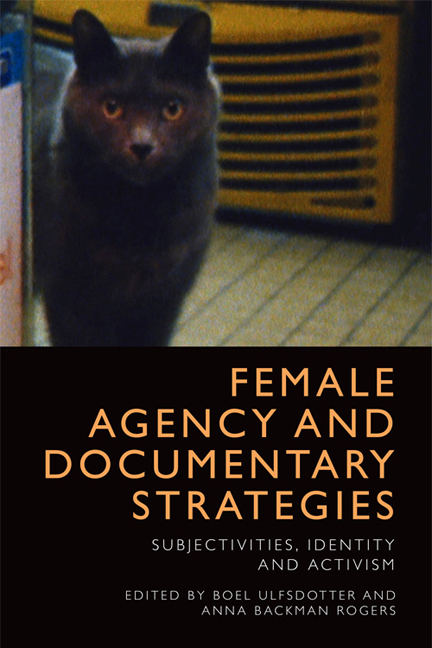6 - Record Keeping: Family Memories on Film – Rea Tajiri’s History and Memory: For Akiko and Takashig and Wisdom Gone Wild
Published online by Cambridge University Press: 28 April 2021
Summary
There are things which have happened in the world while there were cameras watching, things we have images for. There are things which have happened in the world while there were no cameras watching which we re-stage in front of cameras to have images of. These are things which have happened for which the only images that exist are in the minds of the observers present at the time. While there are things which have happened for which there are no observers, except for the spirits of the dead.
History and Memory: For Akiko and Takashige, Rea Tajiri, 1991INTRODUCTION
Memory travels not only across time and history but within families. The legacies of one generation are passed onto the following generation, tasking them with understanding and interpreting what may have not been possible to understand at the time. This is especially true for traumatic events.
To pass on a history it needs to be told, it needs to be heard and seen, it needs to be experienced and felt in the body mind. Even unwanted histories find their way back into the body mind psyche despite the efforts to eliminate what one generation would rather forget. A parent's silence or an incoherent family story leaves room for doubt and can lead to a sense of uncertainty in a child's mind about her genealogical history and her role as a descendent and inheritor. How does transgenerational trauma affect the ability of the filmmaker who is also a family member to speak from a position of coherence as ‘I’? How does transgenerational trauma complicate, even exceed, the boundaries of the notions of authorship and the possibility to document difficult histories on film?
This chapter examines these questions within the context of re-representations of trauma on film, female authorship and the documentary as a mechanism for working through traumatic events with reference to the work of Japanese American auteur filmmaker Rea Tajiri. Tajiri's filmography predominantly features hybrid works combining fiction and non-fiction elements to tell complex personal stories within the ‘big’ frame of human history. Her autobiographical and revisionist approach to representations of history and memory can be seen in her early seminal History and Memory: For Akiko and Takashige (1991) and work-in-progress essay film Wisdom Gone Wild (2015– ).
- Type
- Chapter
- Information
- Female Agency and Documentary StrategiesSubjectivities, Identity and Activism, pp. 84 - 99Publisher: Edinburgh University PressPrint publication year: 2018



